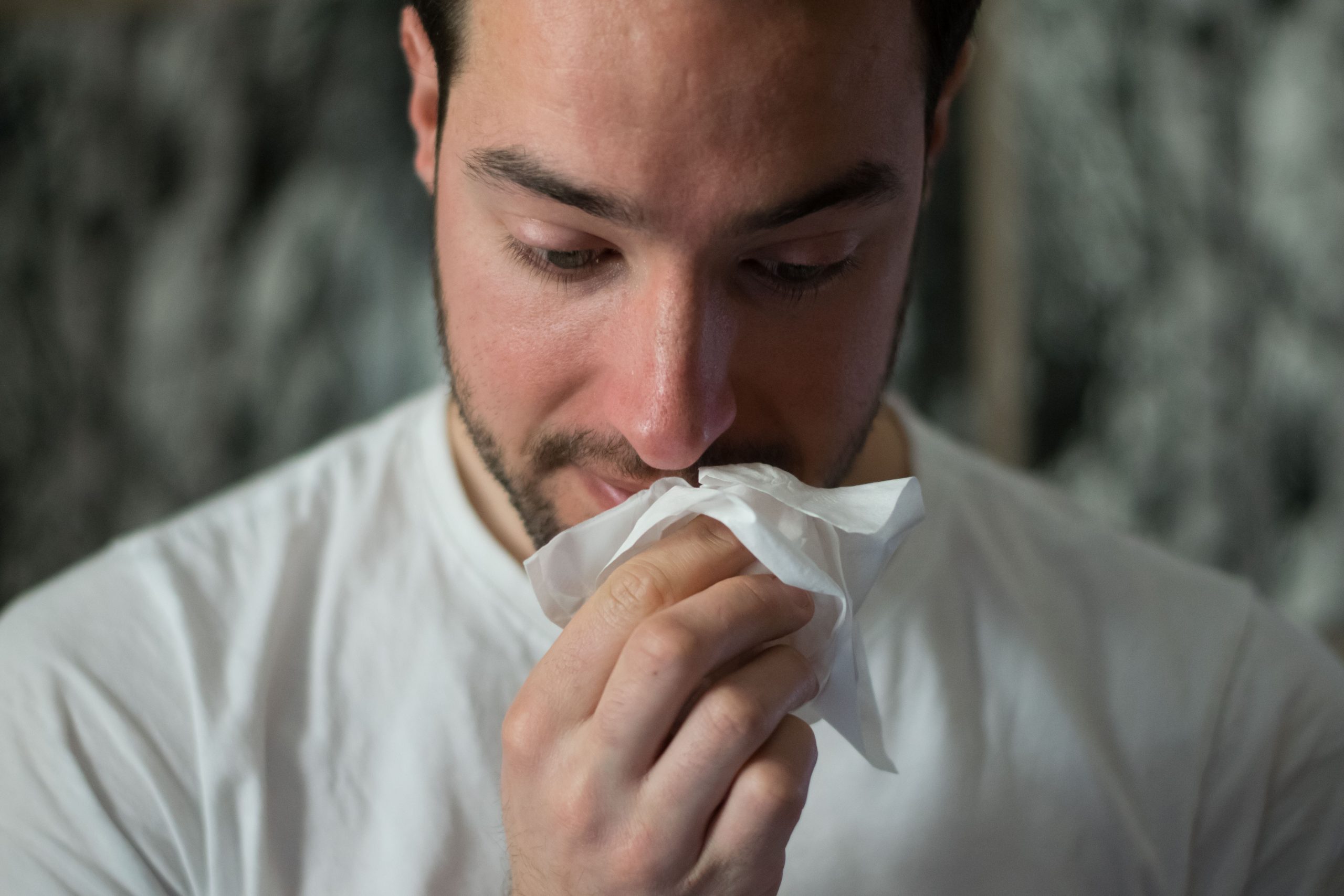Whooping cough, also known as pertussis, is a highly contagious bacterial infection that can be fatal, especially in infants and young children. The disease is characterized by severe coughing fits, which can cause difficulty breathing, vomiting, and exhaustion. While whooping cough can be treated with antibiotics, prevention is key to avoiding outbreaks and reducing the risk of complications.
Vaccination is the most effective way to prevent whooping cough. The pertussis vaccine is part of the routine childhood immunization schedule in many countries, including the United States, where it is administered in combination with diphtheria and tetanus vaccines in a shot called DTaP. The vaccine is also recommended for pregnant women, healthcare workers, and other adults who come into contact with young children.
Despite the effectiveness of the vaccine, whooping cough outbreaks still occur, often due to low vaccination rates or waning immunity over time. In recent years, there have been several high-profile outbreaks in the United States, including in California, where more than 10,000 cases were reported in 2014. The outbreak was attributed in part to parents who chose not to vaccinate their children due to concerns about vaccine safety and efficacy.
This highlights the importance of not only getting vaccinated yourself but also encouraging others to do so. Vaccination not only protects the individual who receives it but also helps to prevent the spread of the disease to others, particularly those who are too young or too sick to be vaccinated themselves. This concept is known as herd immunity, and it is essential to preventing outbreaks of infectious diseases like whooping cough.
It is also important to note that vaccines are safe and rigorously tested before they are approved for use. The pertussis vaccine, for example, has been extensively studied and has been shown to be highly effective and safe. The benefits of vaccination far outweigh the risks, which are typically mild and temporary, such as soreness or swelling at the injection site.
In conclusion, vaccination is crucial for preventing whooping cough outbreaks and protecting the health of individuals and communities. By getting vaccinated and encouraging others to do so, we can help to ensure that whooping cough and other vaccine-preventable diseases remain under control. It’s time to put aside unfounded fears and misconceptions about vaccines and focus on the overwhelming evidence that shows their effectiveness and safety.











